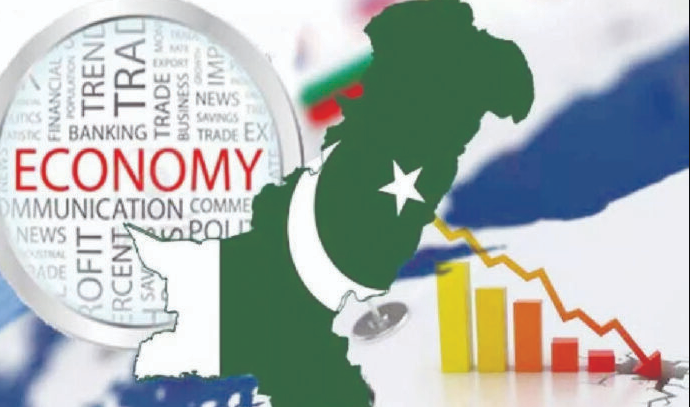Netanyahu Opposes Postwar Palestinian State
Netanyahu Rejects U.S. Pleas to Ease Gaza Offensive, Widening Gulf Between Allies
In a development highlighting the growing discord between the United States and Israel, Prime Minister Benjamin Netanyahu dismissed calls on Thursday from the U.S. to scale down Israel’s military campaign in the Gaza Strip. The disagreement underscores a significant rift between the longtime allies regarding the extent of Israel’s ongoing conflict and its plans for the future of the troubled region.
Addressing the media in a nationally televised news conference, Netanyahu firmly rejected the U.S. proposal to diminish the intensity of the military offensive or take steps towards establishing a Palestinian state post-war. This stance prompted an immediate rebuke from the White House, with White House national security spokesperson John Kirby expressing the divergence in perspectives, stating, “We obviously see it differently.”
The dispute follows comments by U.S. Secretary of State Antony Blinken, who asserted that Israel’s genuine security required a pathway to Palestinian independence. The White House had earlier signaled that it was the opportune moment for Israel to de-escalate its forceful military operation in Gaza.
Netanyahu, however, remained resolute in his position, emphasizing that Israel would persist in its offensive until it achieves its objectives of dismantling Gaza’s Hamas militant group and securing the release of all hostages held by Hamas. Despite mounting criticism from within Israel questioning the feasibility of these goals, Netanyahu pledged to continue the campaign for months, asserting, “We will not settle for anything short of an absolute victory.”
The military offensive was launched in response to an unprecedented cross-border attack by Hamas on October 7, resulting in significant casualties and hostages. The conflict has escalated tensions in the region, risking broader geopolitical repercussions.
The international community, initially offering unwavering support to Israel, has increasingly called for a halt to the offensive. Even the United States, Israel’s closest ally, has shifted its stance, urging Netanyahu to articulate a postwar vision for Gaza. This includes a call for the revitalization of the internationally recognized Palestinian Authority and steps towards establishing a Palestinian state, a proposition met with Netanyahu’s long-standing opposition to a two-state solution.
While Blinken advocated for a two-state solution at the World Economic Forum, Netanyahu argued against it, stating that a Palestinian state would pose a security threat to Israel. This disagreement has strained the relationship between the U.S. and Israel, with Kirby confirming President Joe Biden’s commitment to pursuing a two-state solution.
As the conflict persists, the societal unity that initially rallied behind Netanyahu has shown signs of strain. Families of hostages and their supporters are demanding a new ceasefire, with concerns raised about the realistic objectives of Netanyahu’s prolonged offensive. The international community, including the United Nations, has accused Israel of causing significant civilian casualties, leading to calls for an end to the military campaign.
In the midst of the conflict, a deal brokered by France and Qatar facilitated the entry of medicines into Gaza for hostages with chronic illnesses. However, it remains uncertain whether the medicines have reached those in need, as the International Committee for the Red Cross clarified its non-involvement in the distribution process.
The war’s impact extends beyond the borders of Israel and Gaza, with regional tensions rising. Iranian-backed groups have targeted U.S. and Israeli interests, while skirmishes between Israel and Hezbollah in Lebanon pose a threat of wider conflict. Additionally, Houthi rebels in Yemen continue to disrupt international shipping despite U.S.-led airstrikes.
The situation remains fluid, with uncertainties about the humanitarian aid reaching those in need, the potential for further escalation, and the diplomatic repercussions of the ongoing conflict between Israel and Hamas.





